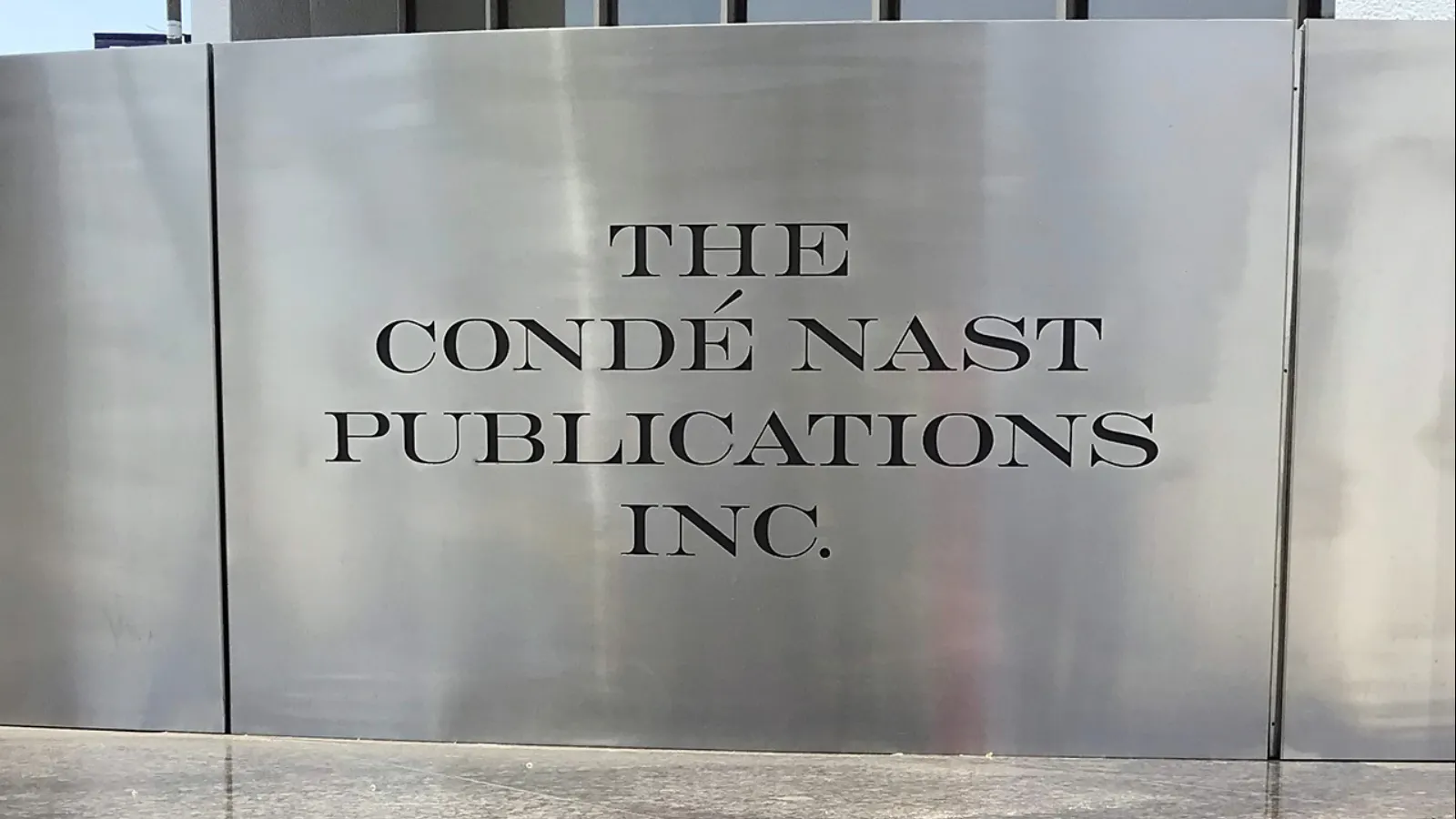Publishing powerhouse Condé Nast on Tuesday joined the growing list of firms making deals with OpenAI, the creator of ChatGPT. The deal gives OpenAI and its SearchGPT prototype access to the publisher's extensive catalog of articles from magazines, including Wired, The New Yorker, GQ, and Vogue.
“We’re combining our conversational models with information from the web to give you fast and timely answers with clear and relevant sources,” OpenAI wrote, noting that SearchGPT will offer “direct links to news stories” and that the technology will eventually be integrated into ChatGPT.
In a memo shared with Decrypt by a Condé Nast representative, Condé Nast CEO Roger Lynch told employees that the deal is a multi-year partnership that would expand the reach of Condé Nast’s content.
“As we all know, generative AI is rapidly changing ways audiences are discovering information,” Lynch said. “It’s crucial that we meet audiences where they are and embrace new technologies while also ensuring proper attribution and compensation for use of our intellectual property.”
We’re partnering with Condé Nast to deepen the integration of quality journalism into ChatGPT and our SearchGPT prototype. https://t.co/tiXqSOTNAl
— OpenAI (@OpenAI) August 20, 2024
The terms of the deal—including compensation for including Condé Nast content in OpenAI’s products—were not disclosed.
Condé Nast joins a growing list of publishers making licensing deals with OpenAI, including the Associated Press, the publishers of the Financial Times, Better Homes & Gardens, People, as well as News Corp, which is behind The Wall Street Journal, Barron’s, and Market Watch.
According to Lynch, news and digital media companies have struggled to monetize content over the last decade as tech companies, especially through search, eroded their revenue. The partnership with OpenAI, he said, offers a way to recover some of these losses and enable Condé Nast to “continue to protect and invest in our journalism and creative endeavors.”
“Throughout the process, OpenAI has shown that they too are very committed to this mission,” he added. “They have been transparent and willing to productively work with publishers like us so that the public can receive reliable information and news through their platforms.”
OpenAI did not immediately respond to a request for comment from Decrypt.
“We’re committed to working with Condé Nast and other news publishers to ensure that as AI plays a larger role in news discovery and delivery, it maintains accuracy, integrity, and respect for quality reporting,” said Brad Lightcap, OpenAI chief operating officer, in a separate statement.
Despite these deals, OpenAI remains embroiled in legal battles with other news publishers over claims of copyright infringement. OpenAI and Microsoft have been sued by The New York Times, the New York Daily News, Chicago Tribune, Orlando Sentinel, and San Jose Mercury News.
Media outlets have also pushed back against generative AI in the newsroom, including the Associated Press, which limited how staff journalists could use generative AI for news reporting in August 2023—a month after signing an agreement with OpenAI to license news stories.
“Any output from a generative AI tool should be treated as unvetted source material,” Vice President for Standards and Inclusion at the Associated Press Amanda Barrett told employees at the time.
Edited by Ryan Ozawa.

